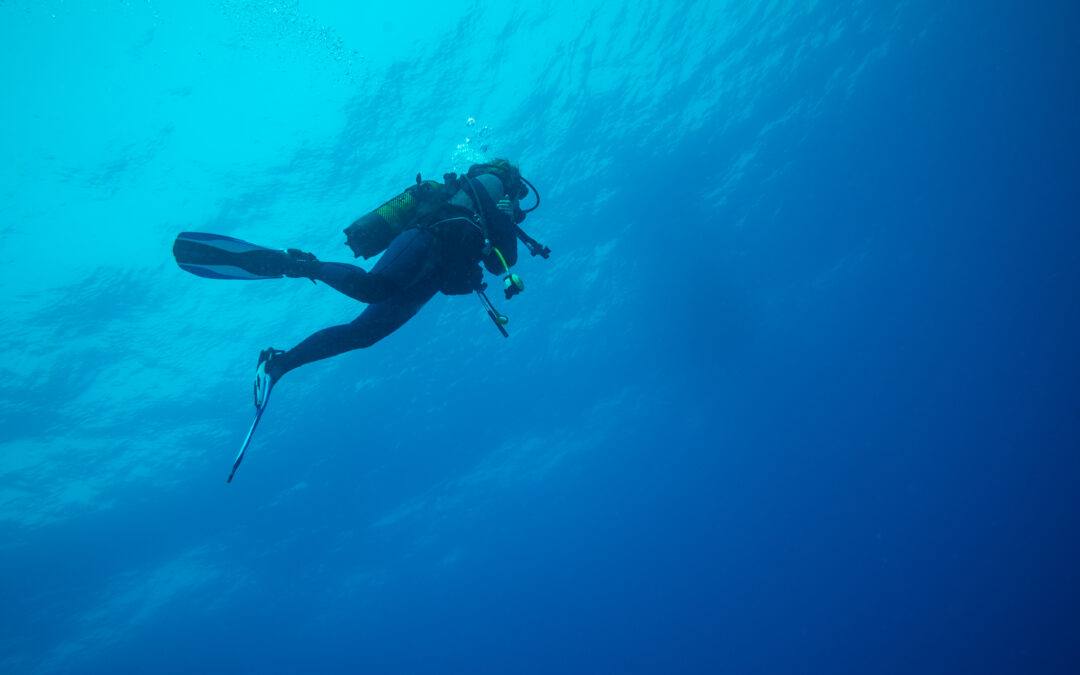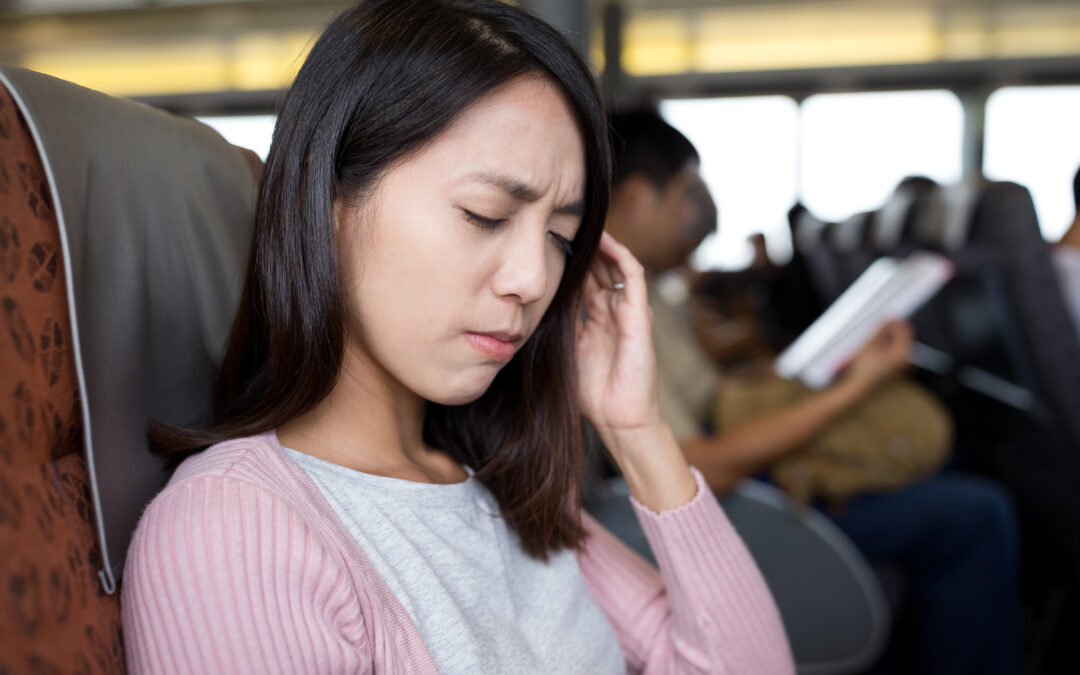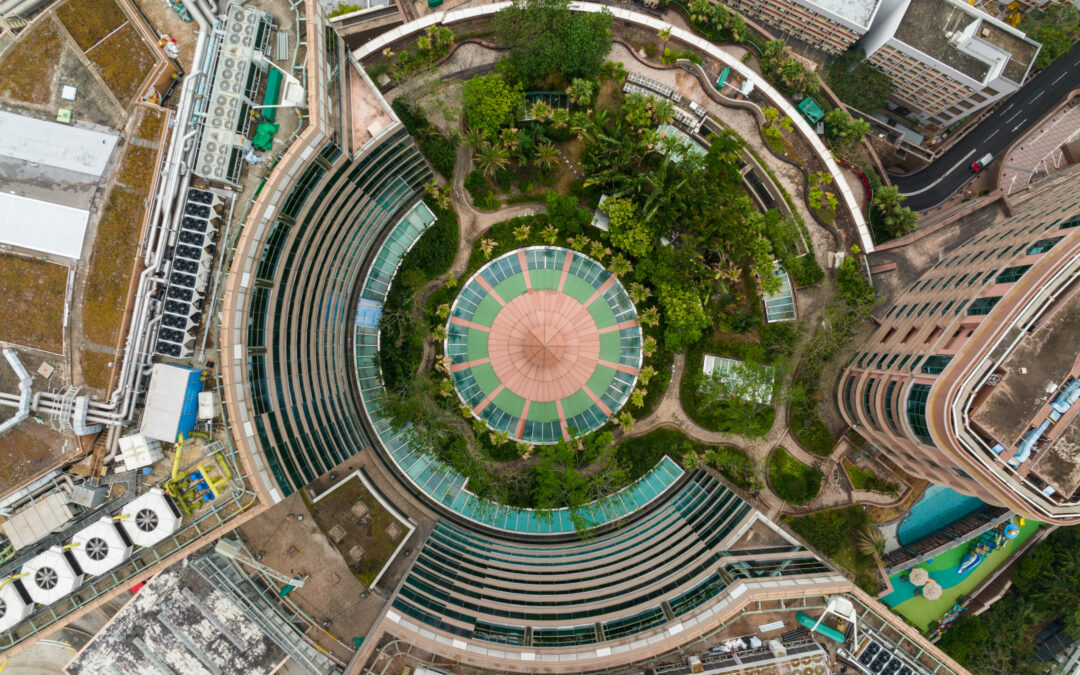
Traveling often goes hand-in-hand with being a competitive athlete. Whether it’s a professional football player or an endurance runner, traveling before competition and, in some cases, traveling in general, can decrease athletic performance and expose the athlete to health risks. In this two-part series, I’ll address these specific threats: jet lag and deep vein thrombosis (DVT).
We all know about, or at least have heard of, jet lag. It is a condition characterized by sleep loss, headaches, dizziness, fatigue and decreased energy, alertness and cognition. This occurs due to air travel through multiple time zones, which causes a disruption in circadian rhythm and sleep-wake cycles. Circadian rhythm is like the body’s internal clock, running on a 24-hour cycle. It promotes, under normal circumstances, a normal sleep-wake cycle. The rhythm can be modified by bright light, darkness, melatonin (a hormone) and exercise. The strongest influence of the cycle seems to be the environment’s light-dark cycle. When the light-dark cycle is different from what the body is used to, the body’s sleep-wake cycle can be altered.
There is no clear-cut evidence that jet lag decreases athletic performance, but it is pretty widely accepted. Jet lag can negatively alter an athlete’s physiological and emotional well-being. Feeling fatigued and physically drained is clearly not the ideal mindset for competing at one’s best. There are, however, ways that athletes “reset” their circadian cycles to match their destination’s time zone. There are a number of different jet lag apps that actually show you how to fight jet lag by resynchronizing your circadian clock and tracking your sleep cycles. To deal with the changes in time zone and best prevent the prospect of jet lag, athletes are advised to do a number of things before, during and after traveling:
Before a Flight:
- Plan for travel well in advance to avoid stressful situations
- Get plenty of sleep – avoid sleep deprivation
- Gradually shift your sleep schedule a few days before leaving (30 minutes to 1 hour per day) to match up with your destination’s time zone
During a Flight:
- Drink plenty of water and/or fruit juice and limit caffeine and alcohol intake to avoid dehydration
- Stretch and walk around at least once every hour to minimize muscle stiffness
- Use earplugs to minimize noise exposure and improve sleep
- Avoid sleeping pills unless recommended by your physician
After a Flight:
- Avoid heavy or exotic/spicy meals
- Exercise at low intensity to reduce muscle stiffness
- Avoid heavy training for a few days after a long flight
Author: Derek Giannetti
Derek Giannetti, a guest contributor to the Healthy Travel Blog, is an upcoming junior at Ursinus College where he plays football and studies Exercise and Sports Science. Upon graduation, Derek hopes to pursue a career in Health and Physical Education.

